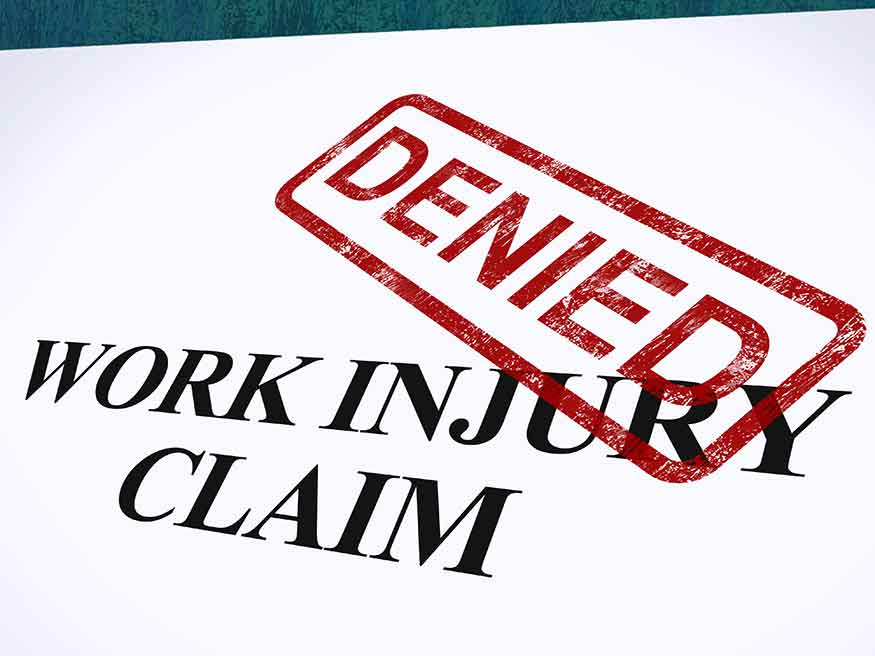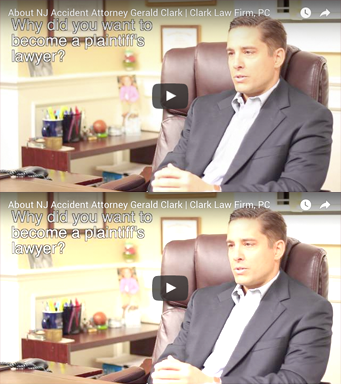Denied for Workers’ Compensation? Understanding the Basics of Appealing
When an on-the-job injury prevents you from working and you are denied workers’ compensation benefits, it may be tempting to give up on the process altogether. While this may be an extremely frustrating time, it is important to understand that a decision that results in your claim being denied can be appealed. An individual who wants to appeal has two options, and can either file an application for an informal hearing or a claim petition. After these are filed, the cases will be assigned to a judge and a district office in the county where the injured worker lives. The appeal must be filed within two years of the date of the injury or the date of the last compensation payment, whichever date is later.
An informal hearing is a less formal and quicker way to address the appeal. If you do choose an informal hearing and you are not satisfied with the judge’s determination, you still have the option to request a formal hearing through a formal Claim Petition. If this is how you want to appeal the decision, you will need to fill out an application for an informal hearing, which is available on the Division of Workers’ Compensation website. This will need to be submitted to the Division of Workers’ Compensation, and your case will be assigned to a judge. You will receive written notice of your hearing date, which will tell you how much time you have to assess the issues of your case and gather any necessary evidence.
The benefit of doing this is that your claim will be resolved in just a few weeks. This will result in a simpler solution for your claim. A judge at this hearing will make suggestions, but these are non-binding and the option to file a formal claim petition is still available to you. You also have the right to have legal counsel present at the hearing, and if you are awarded any compensation, the lawyer is limited to a court-imposed percentage of that award.
If you would like to appeal the decision by way of a formal hearing, you can request one by filing a Claim Petition form with the Division of Workers’ Compensation, available at their website. Once this form is submitted, your case will be assigned to a judge of compensation, which will be in the district office in the county that you live in. A formal hearing will take much longer than an informal one, and it will probably be about six months after you file the Claim Petition form. A formal hearing is appropriate where an informal hearing doesn’t work or if the dispute is too complicated to handle informally.
A formal hearing is much like a trial, where both parties present evidence and witnesses testify. You will need to show that you have sustained the work-related injury, and you will need to do this through the evidence that you choose to present. Some witnesses that you may ask to testify on your behalf include doctors, family members, and co-workers. Because this formal hearing is similar to a trial, many individuals find it helpful to seek the assistance of an experienced attorney rather than going through the process alone.
A pretrial decision, which is where both parties mutually agree to the extent of the disability and the amount of benefits awarded, will likely be made. If this does not happen, the case will go to trial where all of the witness statements and medical evidence will be evaluated. Once the evidence is presented, the judge will make a binding decision. The only way to appeal from that decision is in the state supreme court.
After the Claim Petition is filed, it is likely that a settlement offer will be brought forth by the insurance carrier. It is important to remember that you are free to hear the offer, and accept or decline it as you see fit. This seemingly simple decision can complicate things in terms of your future at the workplace or the medical treatment of your injuries.
The Workers’ Compensation Appeals Division takes into account various criteria, including whether or not the claim is based on a work-related injury or illness, the amount and types of medical services required, whether or not the worker requires temporary disability benefits, benefits for the dependents of a permanently disabled worker, and benefits for the dependents of a worker who is deceased due to a job-related cause. All of these factors will be taken into consideration when your appeal is heard.
If you have sustained moderate to severe injuries at work, please do not hesitate to contact the New Jersey compensation attorneys at the Clark Law Firm, P.C., as soon as possible for a consultation. Our personal injury attorneys are well versed in workers’ compensation law and the nuances of appealing these types of decisions. We will guide you through this tough time to ensure that you receive all of the benefits and compensation to which you are entitled and to ensure that your interests are represented in the best manner possible.
Contact us today to discuss your situation


